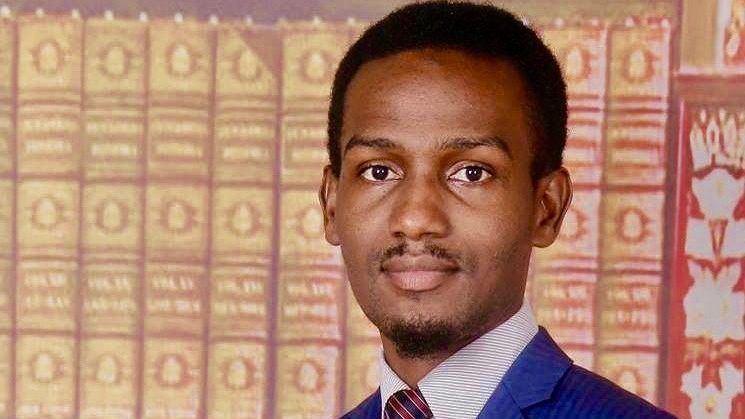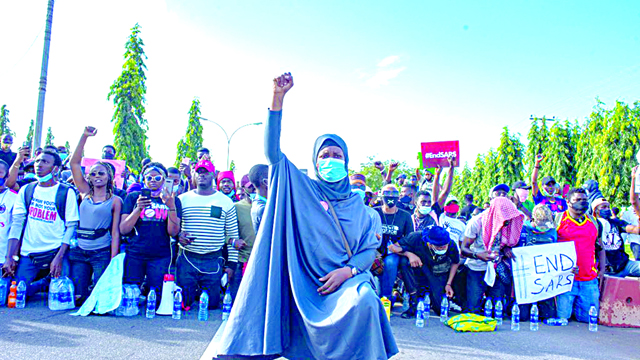
Nigeria has been beset by a growing wave of insecurity in recent years, with regions like Kaduna State particularly affected. Despite numerous government pledges and initiatives, efforts to curb violence and safeguard lives have often proved inadequate. The persistent attacks, kidnappings, and communal clashes have left many communities gripped by fear, eroding the foundations of the nation’s social and economic stability.
One stark example of the government’s shortcomings is the unresolved case of Abubakar Idris, popularly known as Dadiyata. On 1 August 2019, Dadiyata was abducted from his home in the Barnawa neighbourhood of Kaduna by unknown individuals. To this day, his whereabouts remain unknown. The silence surrounding his disappearance speaks volumes about the challenges of accountability and justice in Nigeria.
The Department of State Services (DSS) has denied any involvement in the case, stating, “That Idris was taken away from his house by some armed men does not suggest that those men were DSS staff.” Similarly, the Kaduna State Government has distanced itself, claiming it has “no idea of the whereabouts of or any involvement whatsoever in the reported abduction of Abubakar Idris.”
Dadiyata, known for his vocal criticisms of government policies, symbolised the essence of free speech in a democratic society. His disappearance is both a personal tragedy and a chilling warning to others who dare to speak out. The lack of progress in his case underscores a broader issue: the government’s apparent unwillingness or inability to resolve abductions that strike at the heart of civil liberties.

The #EndSARS protests in October highlighted the deep systemic flaws within Nigeria’s security apparatus. What began as a movement against police brutality and extrajudicial killings evolved into a broader call for accountability and reform. The government’s violent suppression of the protests only fuelled public anger and exposed the gaps between promises of reform and their actual implementation. Many victims still await justice, and faith in the security sector remains precariously low.
Insecurity has also taken a toll on the economy, particularly in agriculture. Farmers are often unable to tend their crops, traders fear transporting goods, and investors are reluctant to commit resources. This climate of fear stifles growth and exacerbates poverty, compounding the challenges faced by citizens across the country.
For Nigeria to rise above these challenges, decisive government action is needed. Key steps include:
Transparent Investigations: Reopen and pursue unresolved cases like Dadiyata’s abduction, ensuring that justice is served and those responsible are held accountable.
Security Reforms: Implement promised changes following #EndSARS, focusing on accountability, training, and community engagement to rebuild trust.
Protection of Free Speech: Safeguard constitutional rights, allowing citizens to voice dissent without fear of retaliation.
Economic Stability: Create a secure environment that supports businesses, particularly in the agricultural sector, to thrive without the constant threat of violence.
Nigeria stands at a pivotal moment. Whether the nation succumbs to insecurity or emerges stronger depends on the government’s ability to act decisively and rebuild trust. The choice is clear: justice, equity, and prosperity—or continued division and fear.
Aderogba Adetoro, a Kaduna-based retired banker, is an agric entrepreneur and public commentator.






